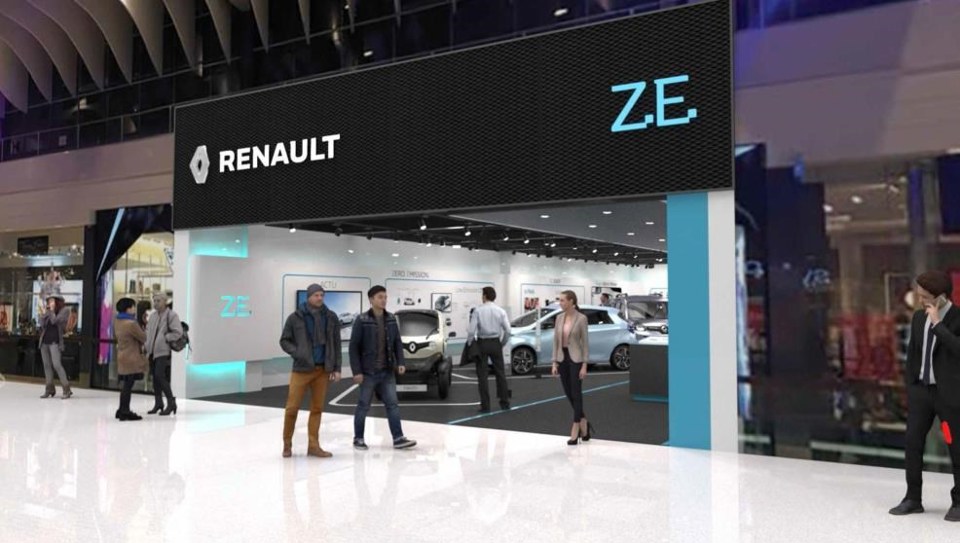Car manufacturers on both sides of the Channel are urging the EU and UK to strike an immediate agreement to delay damaging Brexit trade tariffs on electric vehicles until 2027.
The plea, echoed by the EU auto sector, is to delay the implementation of tougher new Rules of Origin (ROO) requirements on batteries which could render EU and UK made electrified vehicles uncompetitive in each other’s markets.
It said: “As the clock ticks down to the 1 January 2024 ROO introduction, new calculations lay bare the impact the new rules, set under the EU-UK Brexit deal, would have on vehicle affordability and competitiveness. Electrified vehicles that do not meet the new thresholds will be subject to a 10% tariff when traded across the Channel, resulting in a combined cost of £4.3 billion.1 For the consumer, this could mean an average price hike of £3,400 on EU-manufactured battery electric vehicles (BEVs) bought by British buyers, and a £3,600 rise on UK-made BEVs sold in Europe.”
Car manufacturers on both sides of the Channel are urging the EU and UK to strike an immediate agreement to delay damaging Brexit trade tariffs on electric vehicles until 2027.
The plea, echoed by the EU auto sector, is to delay the implementation of tougher new Rules of Origin (ROO) requirements on batteries which could render EU and UK made electrified vehicles uncompetitive in each other’s markets.
It said: “As the clock ticks down to the 1 January 2024 ROO introduction, new calculations lay bare the impact the new rules, set under the EU-UK Brexit deal, would have on vehicle affordability and competitiveness. Electrified vehicles that do not meet the new thresholds will be subject to a 10% tariff when traded across the Channel, resulting in a combined cost of £4.3 billion.1 For the consumer, this could mean an average price hike of £3,400 on EU-manufactured battery electric vehicles (BEVs) bought by British buyers, and a £3,600 rise on UK-made BEVs sold in Europe.”
It noted that even against a backdrop of the pandemic, crippling semiconductor shortages and trade tensions, EU-UK electrified vehicle trade had more than doubled recently, enabled by the EU-UK Trade and Cooperation Agreement (TCA), growing 104% in the three years since the TCA was signed, up from £7.4 billion at the end of 2020 to £15.3 billion last year, accelerating in the last 12 months.
The situation has helped total UK automotive global trade in finished vehicles and components get back on track following the pandemic, and it is currently on course to be worth more than £100 billion by the end of 2023, according to the latest SMMT report, Open Roads – Driving Britain’s global automotive trade, published today.
But the SMMT is warning that growth is now threatened, as rules - that were agreed before the pandemic, war in Ukraine and supply shortages - come into force in just 75 days’ time.
“With almost half (49.1%) of all new BEVs registered in the UK in the first half of the year coming from the EU, any cost increase would act as a barrier to uptake, undermining their competitiveness in an important and growing market. Furthermore, the application of a 10% tariff on electrified vehicles alone would undermine shared ambitions to be global leaders in zero emission mobility, holding back markets and undermining the drive to deliver net zero, given road transport remains the biggest contributor to overall carbon emissions,” it said.
It added that the challenge comes at a crucial time, with manufacturers also facing the UK Zero Emission Vehicle Mandate, which is likely to come into force on the same 1 January 2024 date and compel them to sell ever-increasing numbers of zero emission models, starting at 22% next year and rising to 80% by 2030.
It is urging a three-year delay to the introduction of the stricter rules of origin, calling the postponement ‘a pragmatic solution’ that would provide the necessary time for EU and UK gigafactories to come on stream as well as helping the development of local battery parts and critical mineral supply chains.
Speaking ahead of a major global trade conference, Mike Hawes, SMMT chief executive, said, “UK Automotive is a trading powerhouse delivering billions to the British economy, exporting vehicles and parts around the world, creating high value jobs and driving growth nationwide. Our manufacturers have shown incredible resilience amid multiple challenges in recent years, but unnecessary, unworkable and ill-timed rules of origin will only serve to set back the recovery and disincentivise the very vehicles we want to sell. Not only would consumers be out of pocket, but the industrial competitiveness of the UK and continental industries would be undermined. A three-year delay is a simple, common-sense solution which must be agreed urgently.”
Ian Plummer, commercial director of Auto Trader, the UK's largest digital automotive marketplace, commented: "With new electric cars on average a third more expensive than petrol and diesel counterparts, the last thing the road to zero needs is extra demands on people’s pockets. A delay to the extra charges is a significant and much needed step the political sphere can take to help with mass electric adoption."
Login to continue reading
Or register with AM-online to keep up to date with the latest UK automotive retail industry news and insight.
















Login to comment
Comments
No comments have been made yet.